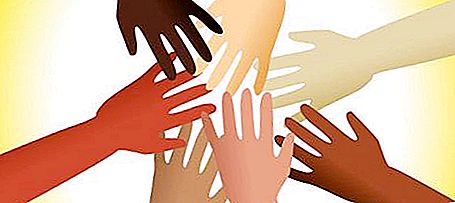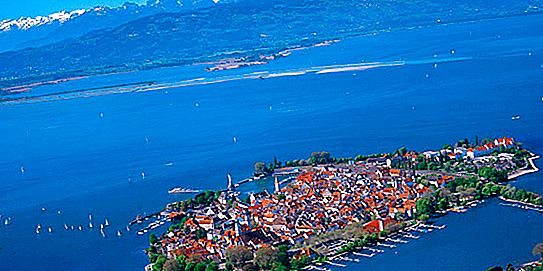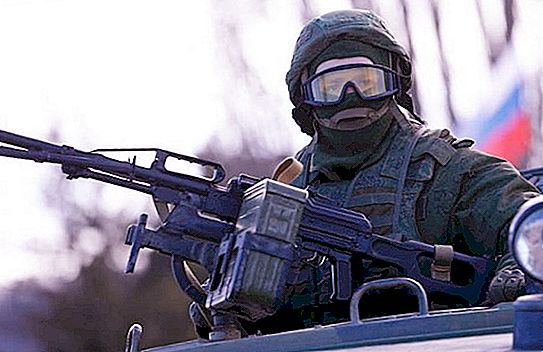Trade and war between countries accompanied the entire history of mankind as soon as the first ancient states appeared. For a long time, the main form of international cooperation was trade and military alliances. With the development of society and technology, the intensification of the division of labor, new types of cooperation began to appear, from the economy, including trade, to culture and ecology.
The concept
International cooperation is the interaction of several participants in the field of mutual interests, efforts aimed at coordinating positions and coordinating actions, searching for solutions to generally recognized problems and smoothing out conflicts. Initially, these were relations between states, with greater attention being paid to political relations. At the same time, they should be non-violent, therefore, for example, cooperation with the Qing empire, which, as a result of the opium wars, Britain and France forced to allow the sale of opium and other goods to the Chinese, can hardly be attributed to the international cooperation of states, although some researchers attribute this case to imposed cooperation.
More and more participants
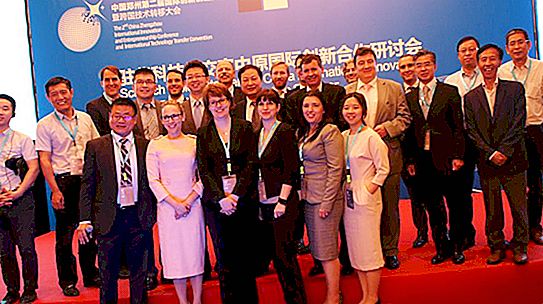
With the development of public relations, international and public organizations, which, according to some economists, are now the main subjects of international cooperation, have joined the participants in international life. There are world organizations covering most countries, for example, the UN, the International Monetary Fund, the World Bank, regional - the EU, the Association of Southeast Asian Nations, specialized - the International Geographic Union, the Worldwide Wholesale Market Association. Global corporations now have greater economic and political power than most states. Agreements with countries, a group of countries on economic, humanitarian and environmental issues make them full-fledged subjects of international life. The state and society delegate many issues of international cooperation to lower levels in regions, industries, and individual enterprises.
When two and more
More than 190 countries of the world cooperate, exchange information, compete and trade among themselves, both on a bilateral and multilateral basis. Co-operation between countries is governed by intergovernmental agreements that the ministries of foreign affairs deal with. Intergovernmental commissions are responsible for the development and creation of conditions for other participants, which determine the directions and key parameters of cooperation. Non-governmental organizations (friendship and cooperation societies and others), chambers of commerce and industry create a business, information and cultural environment for cooperation between business, public organizations and citizens.
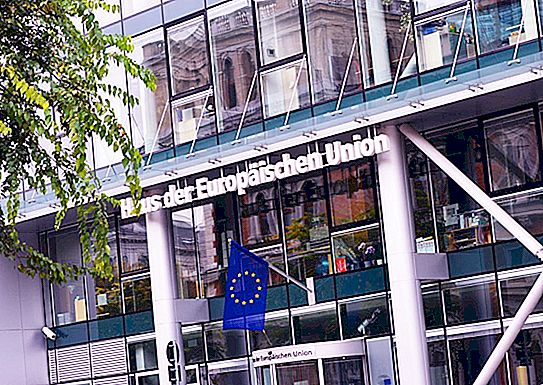
The globalization of the division of labor and the market, the complexity of the challenges require the consolidation of efforts of many states. Therefore, multilateral cooperation is becoming more widespread. To organize international cooperation to solve complex, complex problems, various regional and specialized associations are created. For example, interstate associations - the European Union, the Eurasian Economic Union, a non-governmental association - the international environmental organization Greenpeace. Coordination of the work of international associations is carried out by specially created institutions - secretariats, commissions, coordination committees. The largest such structure is the UN, which unites almost all countries of the world.
What result suits everyone
The interaction between the main subjects of international cooperation is aimed at achieving results that are fixed at the conclusion of international treaties, conventions, agreements governing different aspects of relations, the organization of international, intergovernmental and non-governmental institutions, the creation of regional and subregional integration entities are ongoing.
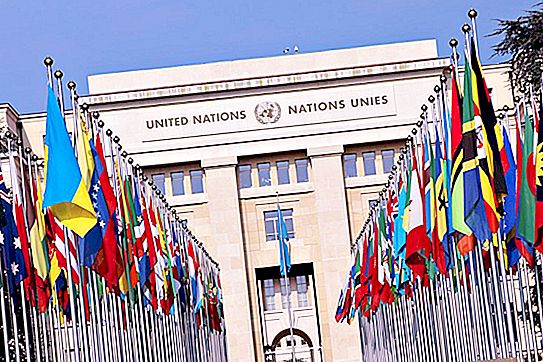
The main directions of modern international cooperation are political and economic integration in the form of:
- unions of states retaining full independence;
- associations with the formation of supranational bodies and the delegation of part of sovereignty to common institutions;
- functional integration, which makes it possible to work in some specialized field.
There are principles
The history of the development of international cooperation has allowed us to develop common principles that give equal opportunities to countries with different political and economic situations. Of course, this does not mean that all states comply with them, but at least declare them.

The basic principles of international cooperation are:
- the sovereign equality of states implies that countries respect each other’s rights, exercise in their territory the full legislative, legal and administrative powers, of course, subject to universally recognized norms;
- laissez-faire: domestic politics is the business of the states themselves, if they do not pose a threat to peace;
- equal rights and self-determination of peoples, peoples have the right to create their own or join another state for cultural and economic development;
- respect for human rights, discrimination on any grounds is not allowed.
They also highlight the principles of compliance with international treaties, environmental safety and cooperation.
The main directions
The main type of cooperation is cooperation between states in the political sphere, which determines the conditions and parameters for other areas. Of course, all types of international cooperation are used to obtain competitive advantages and economic benefits directly or indirectly. For example, the political cooperation of European countries has allowed the creation of a single European space. International economic cooperation, which began with the sale of goods (coal and steel), has grown into a large complex of various types of relations in the field of exchange of services, investments, information and scientific and technical cooperation and in other areas of the economy.
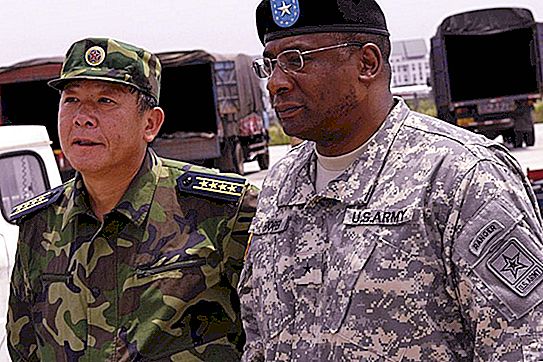
The increasing sophistication of military technology and management systems is forcing more countries to participate in the international division of labor in this area. Military and military-technical international cooperation includes joint exercises, military alliances, joint arms manufacturing enterprises, and much more. Cooperation in ecology, culture, ideology, legal and humanitarian spheres is becoming increasingly important.
Start with politics
In order to develop at least some kind of relationship, first of all you need to at least not fight. Therefore, they note that the main goal of international cooperation is the prevention of war. The joint efforts of two or more states are aimed at developing mutually acceptable solutions that take into account the balance of interests. The main idea laid down in the foundation of international relations is that all parties are satisfied or dissatisfied with the result, implying either a positive result or a mutual compromise. Since international cooperation was originally an interaction of political units, relations between states determine the degree and depth of all other types of cooperation. Countries, depending on political sympathies or antipathies, form the agenda of economic cooperation. Introducing most favored nation treatment for some countries, and sanctions for others.
Does everything rest on the economy?

True or not, but economists believe that the goal of any cooperation is to obtain competitive advantages in a direct way, for example, the conclusion of free trade agreements, or indirectly by creating a positive image of the country. South Korea is actively promoting its popular culture on the global market, which increases interest in Korean goods and services. At the same time, numerous trade and economic organizations aim to provide equal rights for all participants in the global market, to remove the barriers that countries protect their producers. In the economic sphere, international cooperation is world trade, investment, scientific and technical cooperation, cooperation in the field of commercial practice and many other activities.
Who writes the laws
International legal cooperation provides legal space for the interaction of participants. Relations between states are governed by agreements between them and international treaties to which they are parties. The legal system of international cooperation covers almost all areas of activity, including economic cooperation, transport, monetary relations, intellectual property, certification and standardization. By joining international agreements, countries delegate part of their sovereignty to the institutions responsible for their implementation. For example, many countries recognize the jurisdiction of the International Court of Human Rights in Strasbourg and unconditionally comply with its decisions.

